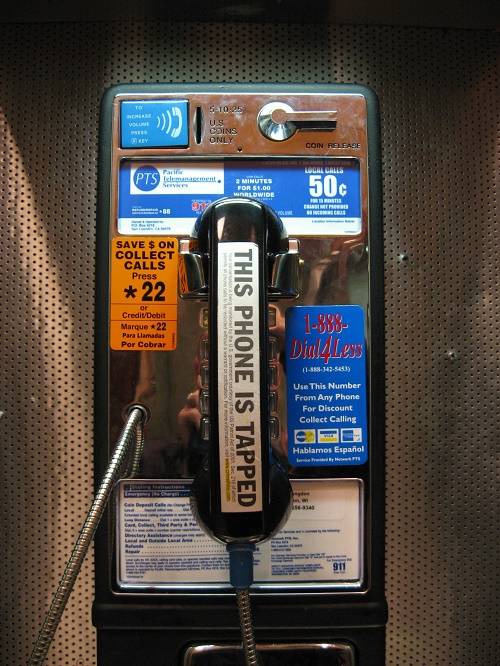
In State v. Couch, the WA Court of Appeals held a jailed defendant’s constitutional rights were violated when jail officials recorded multiple jail calls made between the defendant and counsel, video-recorded several meetings between the defendant and counsel, and opened at least one piece of legal mail.
BACKGROUND FACTS
The State charged Mr. Couch with second degree rape-domestic violence and second degree assault-domestic violence after he allegedly forced his former girlfriend to have sex with him after she broke off their relationship.
Before the trial began, Couch filed a motion to dismiss for governmental misconduct under CrR 8.3(b). Couch claimed that the Grays Harbor County Jail had illegally recorded conversations between him and defense counsel and had opened his legal mail. The trial court held a hearing on the motion and heard testimony.
The trial court denied Couch’s motion to dismiss. Later, the jury convicted Couch of second degree rape and second degree assault. Couch appealed on arguments that state actors unlawfully intruded on his communications with his attorneys and that the trial court erred because it did not require the State to establish the absence of prejudice beyond a reasonable doubt.
COURT’S ANALYSIS & CONCLUSIONS
The Court of Appeals began by saying the Sixth Amendment guarantees a criminal defendant the right to the assistance of counsel, and that right includes the right to confer privately with their attorney. A state actor’s intrusion into private conversations between attorney and defendant violates this right. There is no distinction between an intrusion by jail security and an intrusion by law enforcement.
Furthermore, if a state actor has violated the defendant’s Sixth Amendment right, prejudice to the defendant is presumed. Because the constitutional right to privately communicate with an attorney is a foundational right, the State must be held to the highest burden of proof to ensure that it is protected.
Intruding on confidential attorney-client communications constitutes misconduct under CrR 8.3(b). This court rule states that the trial court may dismiss a criminal prosecution due to governmental misconduct when there has been prejudice to the rights of the accused which materially affect the accused’s right to a fair trial.
The Court of appeals reasoned that state actors intruded on Couch’s communications with his attorneys in violation of his Sixth Amendment right to confer privately with those attorneys. Here, the Grays Harbor County Jail (1) recorded multiple telephone calls between Couch and Rivas, (2) video recorded several meetings between Couch and his attorneys, and (3) opened at least one piece of legal mail.
“Therefore, the trial court was required to presume prejudice to Couch,” said the Court of Appeals. From there, the only question for the trial court – the truly correct legal issue – was whether the State proved beyond a reasonable doubt that Couch was not prejudiced when addressing Couch’s motion to dismiss. Therefore, the trial court erred in analyzing Couch’s CrR 8.3(b) motion to dismiss.
With that, the Court of Appeals reversed Couch’s conviction and remanded for the trial court to determine whether to dismiss the case or order a new trial with sufficient remedial safeguards.
Jail is a terrible place. Not only are the conditions deplorable, but privileged conversations with attorneys run the risk of being recorded. Please review Making Bail and contact my office if you, a friend or family member are charged with a crime. Hiring an effective and competent defense attorney is the first and best step toward justice.






